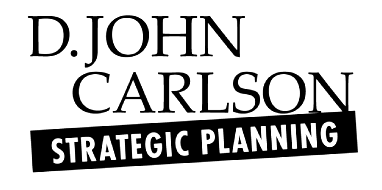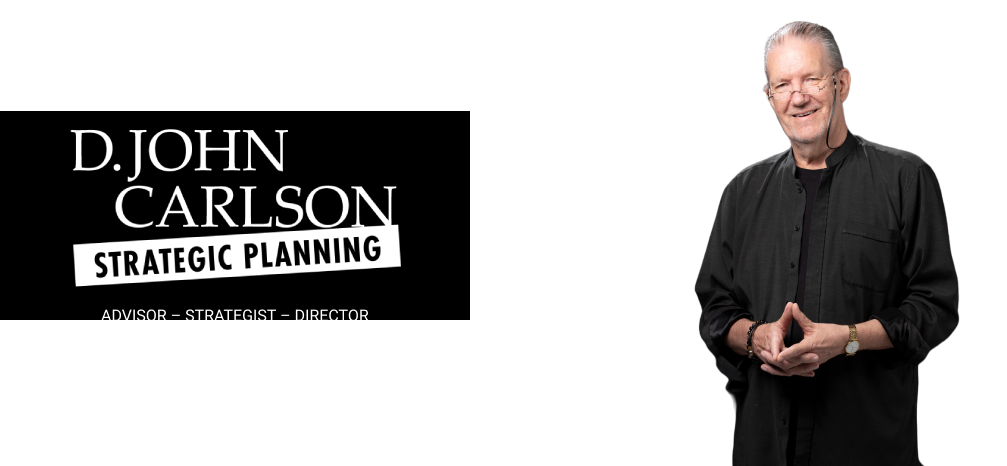Simon Sinek first came to notice following the publication of his book – ‘Start with Why,’ the subject of his TED talk, which is often touted as ‘breaking the internet’ (whatever that hyperbole means). He has subsequently published several books (including ‘Leaders Eat First’ and ‘The Infinite Game’). There are now hundreds, if not […]
Simon Sinek first came to notice following the publication of his book – ‘Start with Why,’ the subject of his TED talk, which is often touted as ‘breaking the internet’ (whatever that hyperbole means). He has subsequently published several books (including ‘Leaders Eat First’ and ‘The Infinite Game’). There are now hundreds, if not thousands, of videos and podcasts featuring Sinek.
Scott Galloway, until recently a professor of marketing at the Stern School of Business at New York University, has also published several books (including ‘The Four,’ ‘Adrift’ and ‘The Algebra of Happiness’). He is, however, perhaps better known for his annual presentations entitled ‘Provocative Predictions’, where he spends an hour or more making predictions for the year ahead.
Both gurus speak on a wide range of subjects, many outside their established fields of expertise. Both speakers make their points with a confidence reserved for 21st-century gurus. I am sure both have made a great deal of money from publishing, speaking and their confidence. In my view, both have contributed to important conversations in marketing.
Where I think these two ‘gurus’ differ is that while Galloway is besotted by statistics and uses them to underpin his predictions and advice to adoring audiences – Sinek focuses on anecdotes or stories to illustrate his observations and protestations. To my mind, this makes Sinek a much less reliable or even useful source of direction. Anecdotes and stories, while interesting, are not reliable evidence.
In addition to the lack of statistical significance, making anecdotes less reliable, using them encourages the ‘survivor bias.’ The survivor bias or effect occurs when an assessment is based on the outcomes for what might be called ‘survivors’ or successful people – ignoring the failures and non-survivors. Sinek highlights stories that reinforce his points and ignores telling stories about cases that do not support his point. These stories also tend to lack nuance – a source of powerful insights.
While Sinek is perhaps fun to listen to, he is, in my view, an unreliable source of guidance. Basing strategy on anecdotes, while better than relying on intuition, is only marginally better. On the other hand, Galloway relies on statistics, creating the probability that his guidance has a greater scientific foundation. Relying on statistics can also make him more reliable on a wider range of subjects.
Are your marketing decisions based on anecdotes or statistics? Are you relying too heavily on stories and the advice of the ”gurus” that depend on them? Are you falling for the survivor bias?
D. John Carlson – Marketing Consultant Perth.


 Back
Back